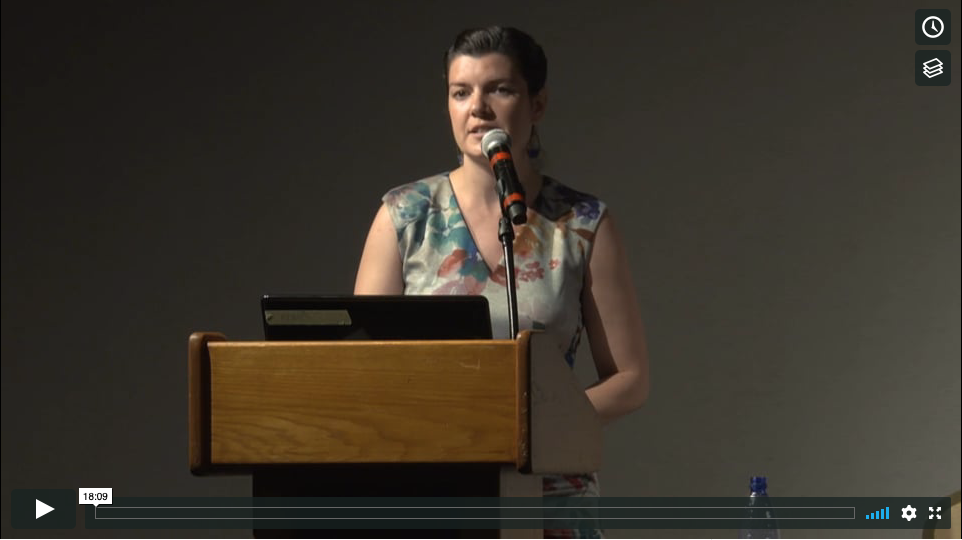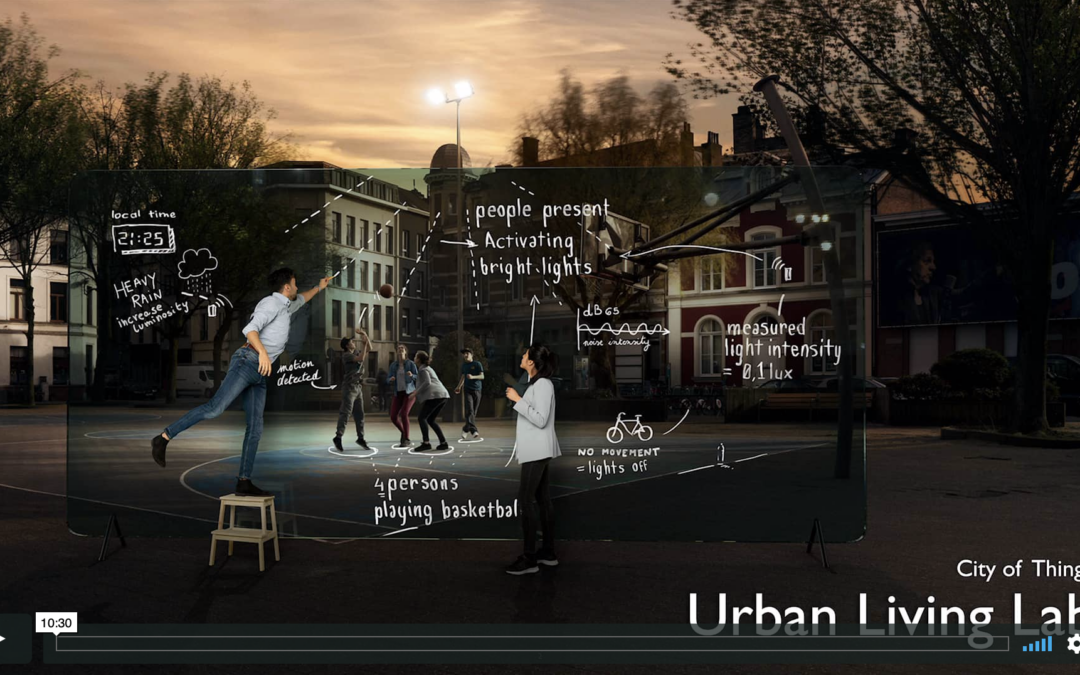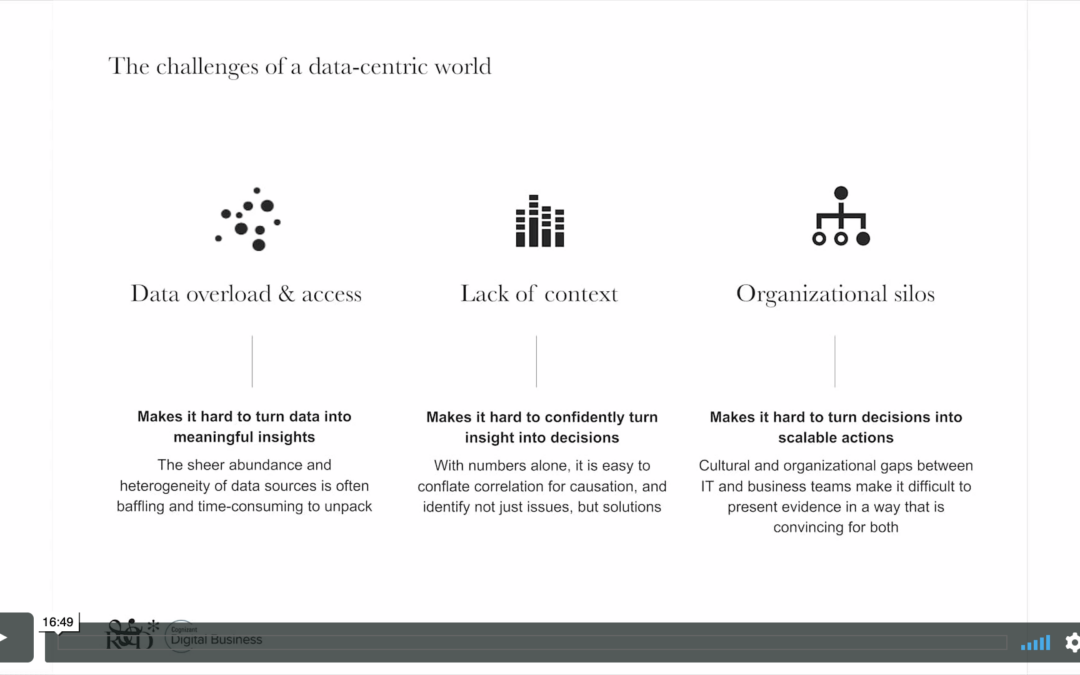Case Study—How can we build fairness into automated systems, and what evidence is needed to do so? Recently, Airbnb grappled with this question to brainstorm ways to re-envision the way hosts review guests who stay with them. Reviews are key to how Airbnb builds trust between strangers. In 2018 we...










